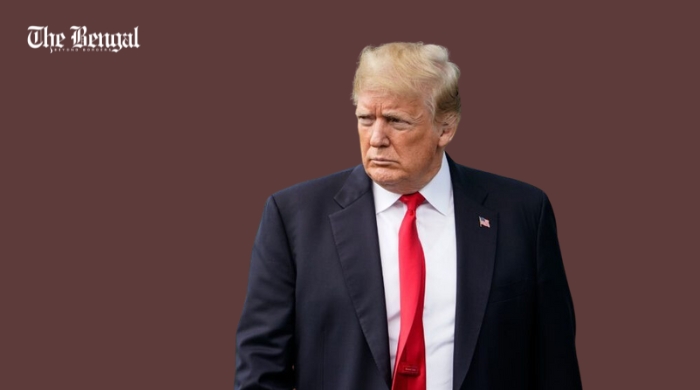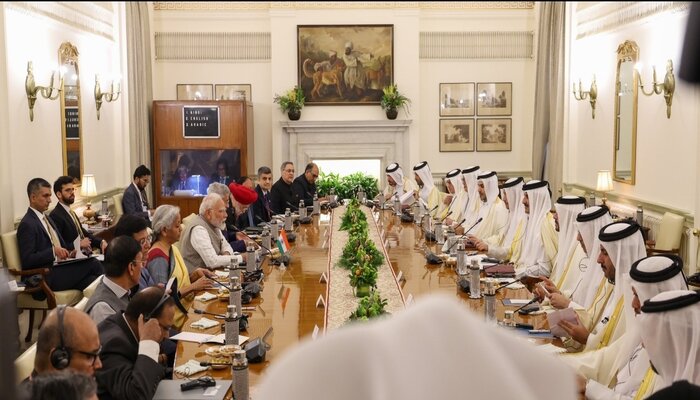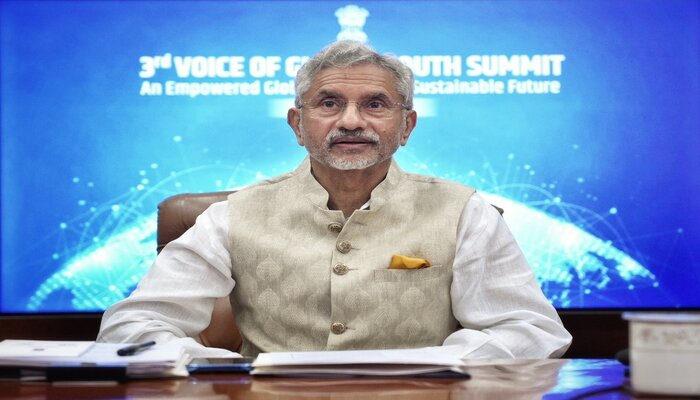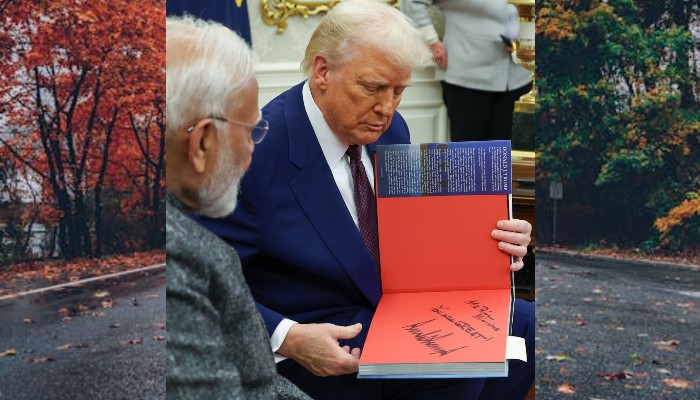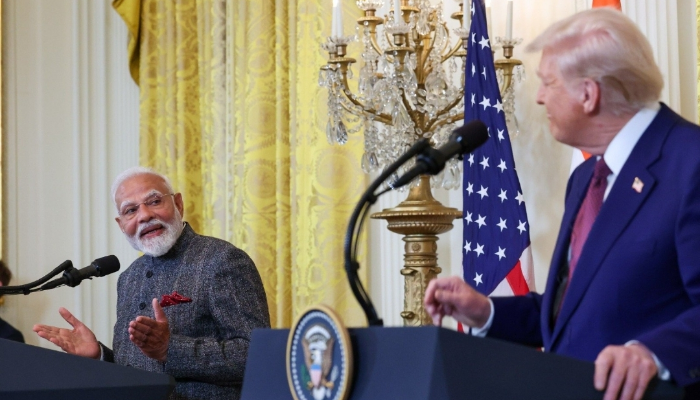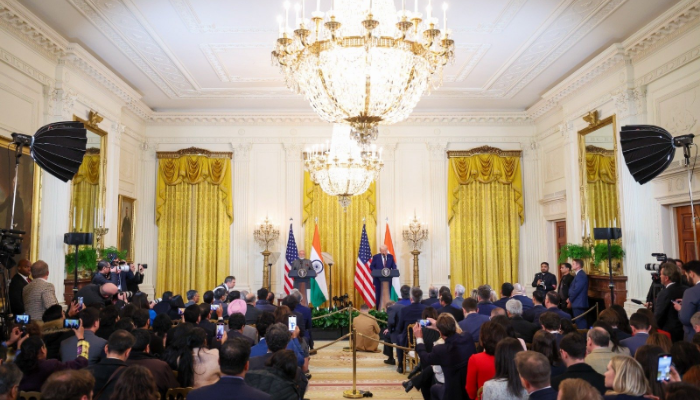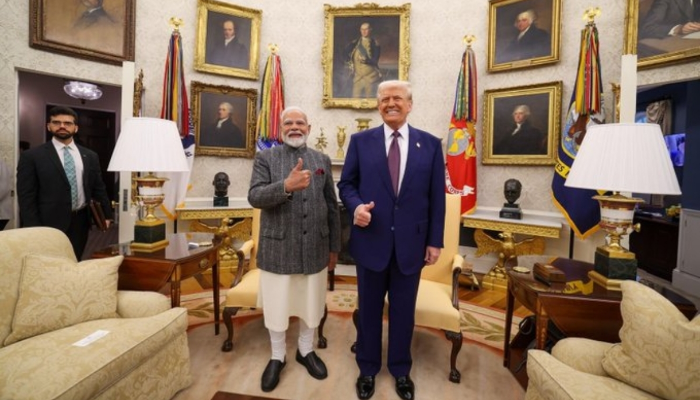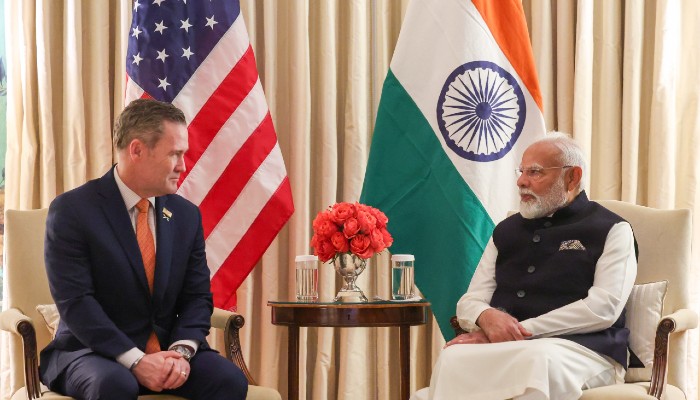In a headline-grabbing speech on Tuesday, incoming US leader Donald Trump outlined controversial territorial ambitions, including acquiring Greenland, the Panama Canal, and even incorporating Canada into the United States.
Trump suggested that military or economic coercion might be used to achieve these objectives, particularly citing the strategic importance of the Panama Canal, which he claimed is being “abused” by China, despite Panama’s denials.
Trump also renewed his interest in Greenland, emphasizing its value for national security and implying that the US should control it. He called the Gulf of Mexico the “Gulf of America,” a move that drew sharp criticism for its apparent disregard of international boundaries.
At the UN, his comments were met with little applause. A spokesman for UN Secretary-General António Guterres reaffirmed the importance of respecting territorial integrity, reinforcing the global expectation of mutual respect among nations.
Trump further threatened economic measures against Canada, particularly a 25% tariff on imports, and floated the idea of Canada becoming the 51st state. Prime Minister Justin Trudeau firmly rejected the proposal, calling it unrealistic. The Canadian government is preparing for possible tariffs but remains opposed to any territorial merger.
While Trump’s rhetoric echoes past bombastic statements, it remains unclear whether he genuinely seeks territorial expansion or if his remarks are a tactical move aimed at securing political or economic concessions from his neighbors.

